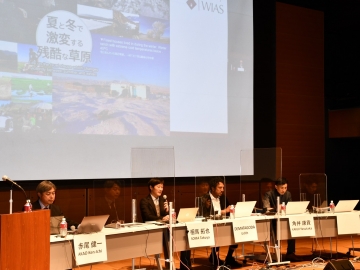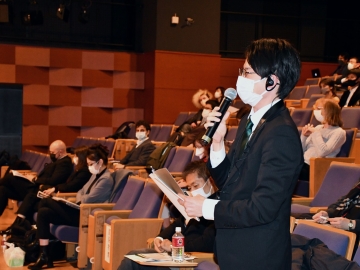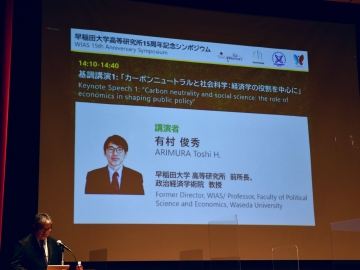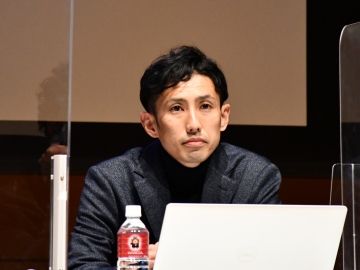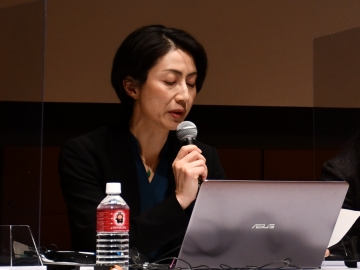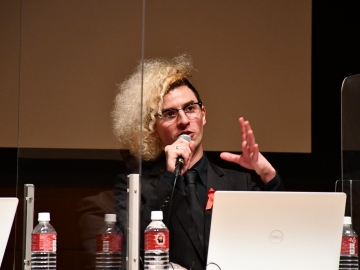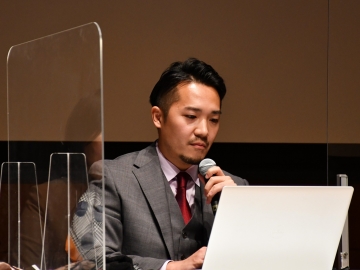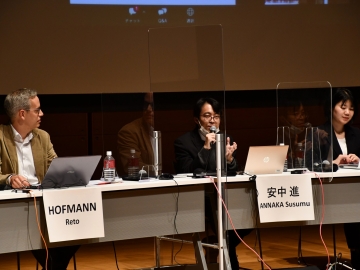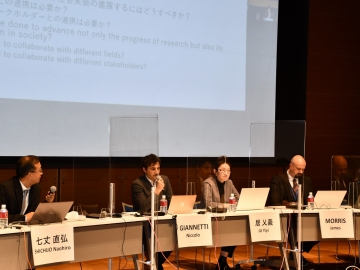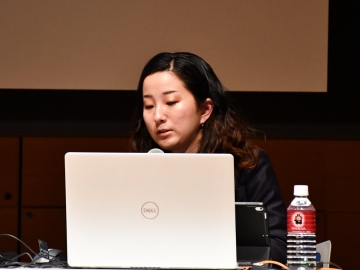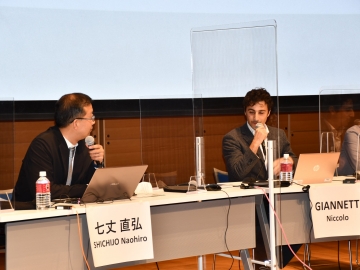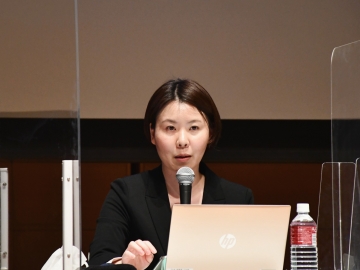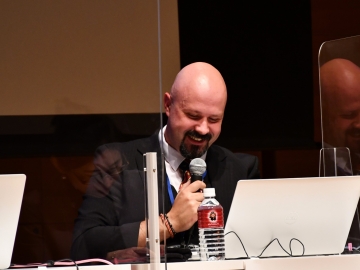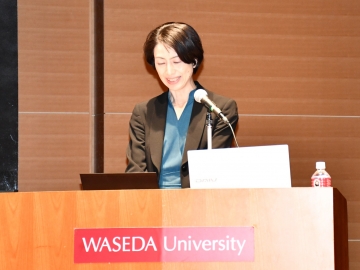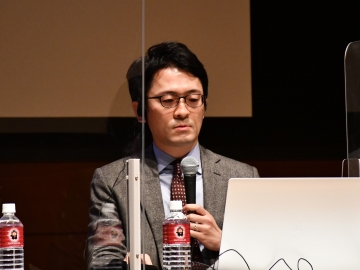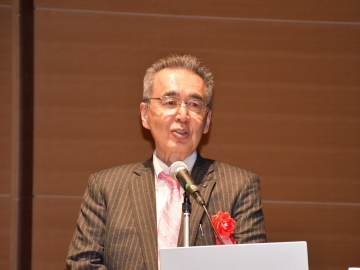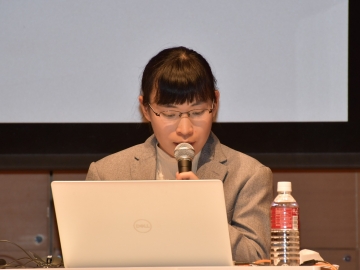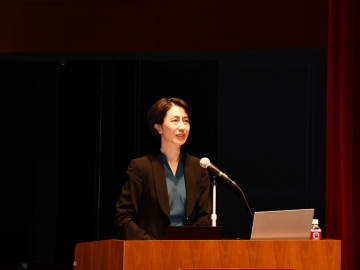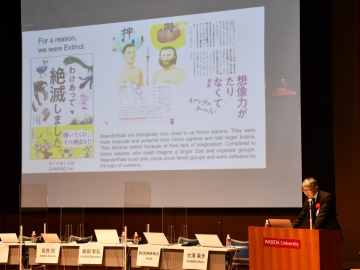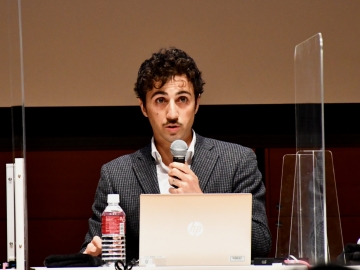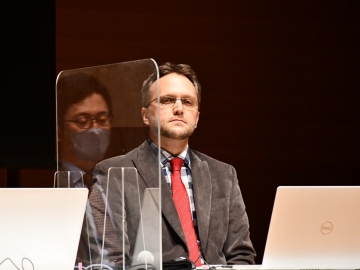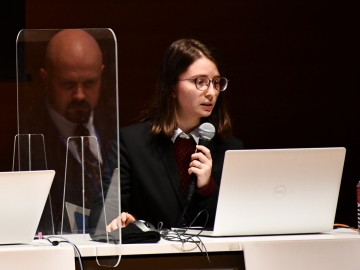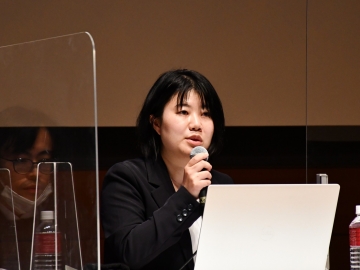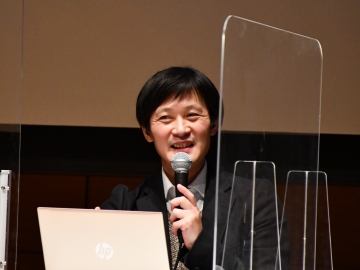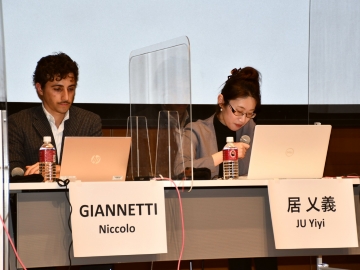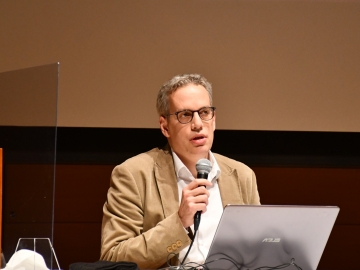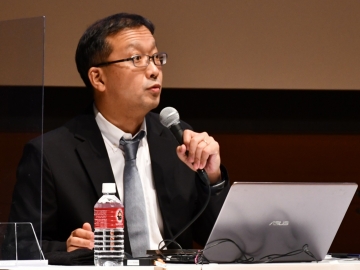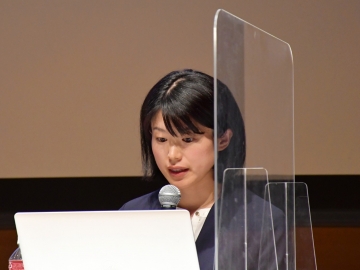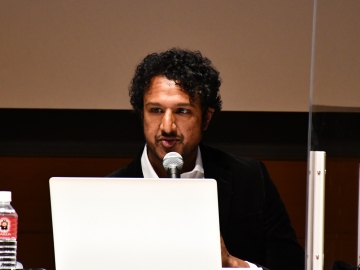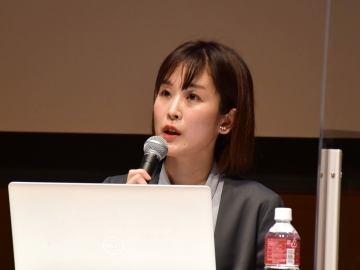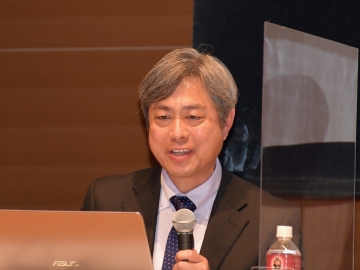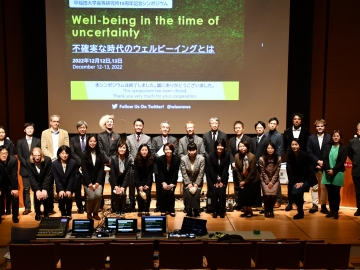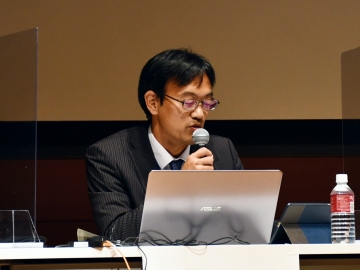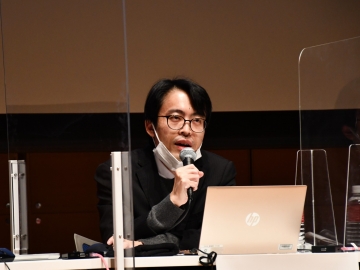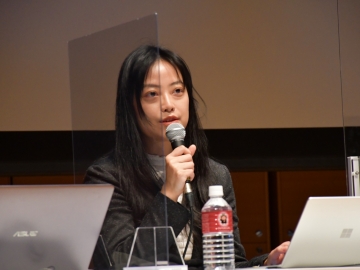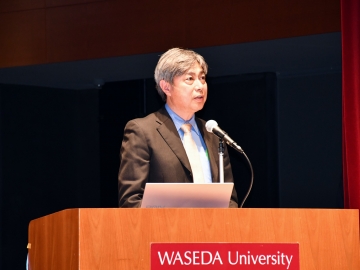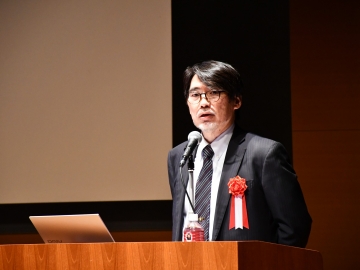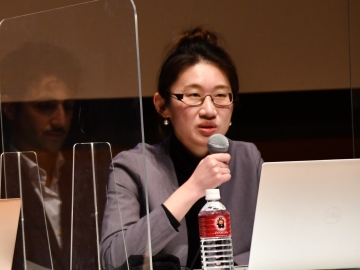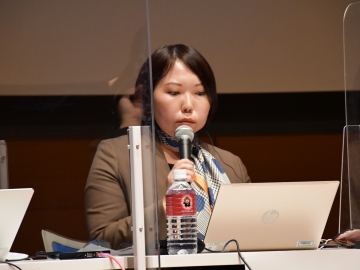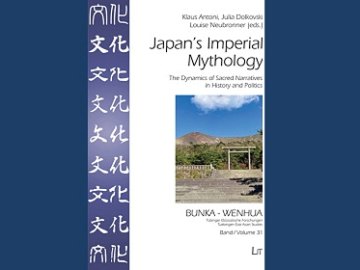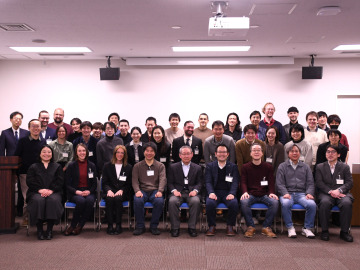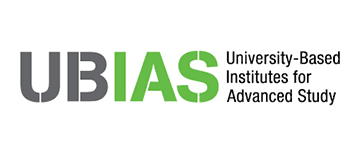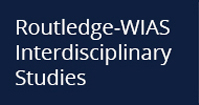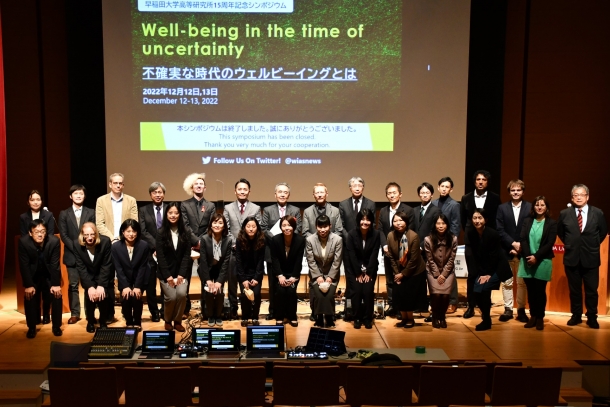
On December 12th (Mon.) and 13th (Tue.), 2022, the Waseda Institute for Advanced Study (WIAS) 15th Anniversary Symposium, “Well-being in the time of uncertainty” was held.
Since the institute was established in 2006, the year 2021 was originally its 15th anniversary. However, the Covid-19 pandemic was still on-going in 2021 and, in 2022, when things had finally started to settle down, we found a way to hold the 15th anniversary symposium.
At the time, with the ongoing threats to physical, mental, and social stability, such as the unresolved pandemic and Russia’s invasion of Ukraine, the direction we took for the symposium coincided with the need for an interdisciplinary approach to realize wellbeing. Based on the Carbon Net Zero Challenge 2030s announced by Waseda University in 2021, the subthemes of “Energy” and “Life” were also established.
We called on WIAS alumni who are now active on the forefront of their fields, and many of them agreed to participate. In addition, the Zukunftskolleg at the University of Konstanz, Germany, and the Institute for Advanced Research at Nagoya University, with whom we have been in close contact for some time, agreed to support us in our efforts to create an opportunity to consider the role that university-affiliated institutes of advanced studies should play in the current era.
Also, the following model units of “Top Global University Project: Waseda Goes Global” co-hosted the event:
Global Japanese Studies, Positive/Empirical Analysis of Political Economy, Frontier of Embodiment Informatics: ICT and Robotics, Multiscale Analysis, Modelling and Simulation, andGlobal Asia Research Center.
The two-day symposium, consisting of keynote speeches by the former Director of WIAS, the Director of Zukunftskolleg at the University of Konstanz, and the Director of the Institute for Advanced Research at Nagoya University, along with five roundtable sessions covering a variety of topics, was a great success. Below is a look back at all that transpired.
Keynote Speeches
The keynote speeches were given by Dr. Giovanni Galizia, Director of Zukunftskolleg, University of Konstanz, Dr. Kunio Awaga, Director of the Institute for Advanced Research, Nagoya University, both institutes are affiliated with UBIAS (University-Based Institutes for Advanced Study) Network, and Dr. Toshi H. Arimura, former Director of the Waseda Institute for Advanced Study.
ARIMURA Toshi H., “Carbon Neutrality and Social Science: The role of economics in shaping public policy”
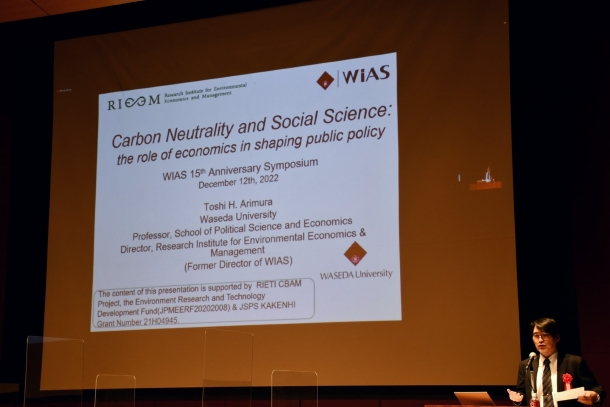
In light of the global warming trend, he argued that the issue of carbon dioxide emissions, which has been marginalised in the economy, should be incorporated into the economy through the introduction of carbon pricing. From a microeconomic perspective, he suggested that small actions by an individual, such as setting the air conditioner temperature higher in the summer, could change the behaviour of others around them and become a norm that could have a large impact on society as a whole. On the other hand, based on historical and international examples, changes imposed on the industrial structure can lead to the wellbeing of those who work in it.
He opened the two-day discussion by emphasising the innate difficulty in attempting to address the globally complex issues from the perspective of a specific research field alone, that an interdisciplinary approach is essential, and that institutes of higher learning can play an important role.
GALIZIA Giovanni, “Well-being in an animal society: Thoughts about honeybee collectives – and comments on institutes for advanced studies”
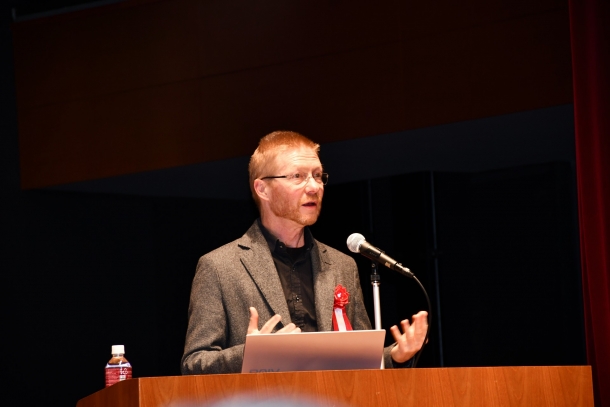
The ecology of honeybees as social insects was revealed to us through past literature, starting with Shakespeare, as well as the latest research findings. In honeybee populations, although the queens use pheromones to control the hive, this does not necessarily mean that it exists under a hierarchical system. What is clear is that bottom-up forces formed by several generations of bees continue to create sustainable populations for the next generation. He argued that honeybees have established a stable, complex and reciprocal control system that is difficult to simply compare with humans and even other insects.
Dr. Galizia also introduced the Zukunftskolleg (ZUKO), the University of Konstanz’s Institute for Advanced Studies, where early career researchers are working internationally, intergenerationally, to collaborate with respective departments (intra-university), and to establish independence from an interdisciplinary angle, the so-called “5i Strategy” for supporting their budding careers. ZUKO is the driving force behind the success of the University of Konstanz as a leader in top-level research.
Reference: The website of Institute for Advanced Study at the University of Konstanz
AWAGA Kunio “Well-being brought about by imagination sharing”
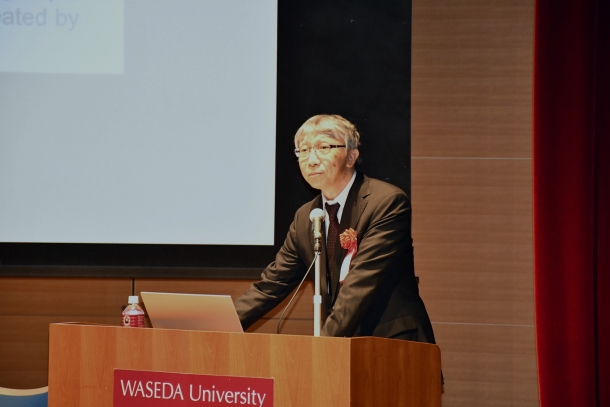
The presentation introduced projects undertaken at Nagoya University’s Institute for Advanced Research (IAR) such as the “Android Kannon” and “Research on Ancient Egyptian Pyramids”, which embody the key phrase “Imaginary Fiction.” Each professor showed how they are enjoying breaking new ground even in traditional disciplines and basic research.
Dr. Awaga also revealed his efforts to analyse the correlation between the environment and energy based on research. This is exactly in line with the research agenda of carbon neutrality, which Waseda University and the WIAS have declared as one of their priority areas. The cutting-edge research undertaken at IAR is an encouraging guideline for the Institute for Advanced Study.
Reference: The website of the Institute for Advanced Research at Nagoya University
Roundtables
Day 1, Roundtable 1: Energy Issues
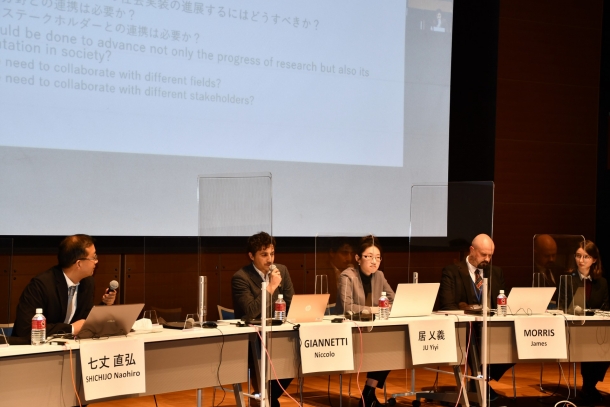
As the importance of energy grows day by day, especially in the midst of the energy crisis triggered by the conflict in Ukraine, what can researchers do not only to promote their own research but also to advance its implementation in society?
The speakers presented topics from various perspectives such as the next generation heat pumps, modelling energy use, mining of the Ashio Copper Mine with the pros and cons of electrification, and the impact caused in energy consumption in the manufacturing sector due a new system. They also described their own actions going forward.
Day 1, Roundtable 2: Sustainable Society
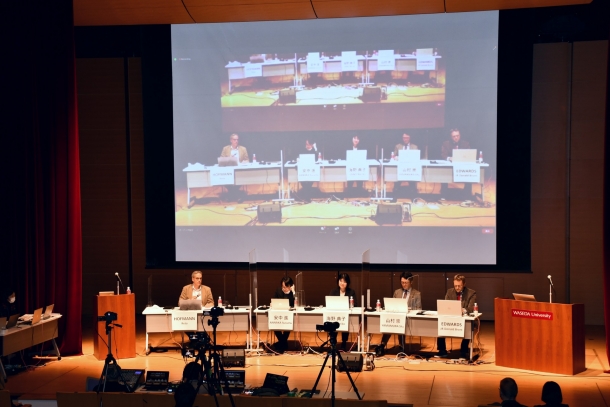
The discussion progressed from various perspectives including a question-and-answer session with the audience on the conditions for the sustainability of societies and groups, such as isolation and urban design in a hyper-aging society, the role of education in achieving sustainable development, the history of multi-ethnic and multicultural societies, and the ideal system for a nation battling infectious diseases. Paying attention to the expansive meaning of the word “sustainable,” the participants reaffirmed the importance of discussing among people with different positions and opinions, and considering possible options.
Day 2, Roundtable 3: Culture/Arts
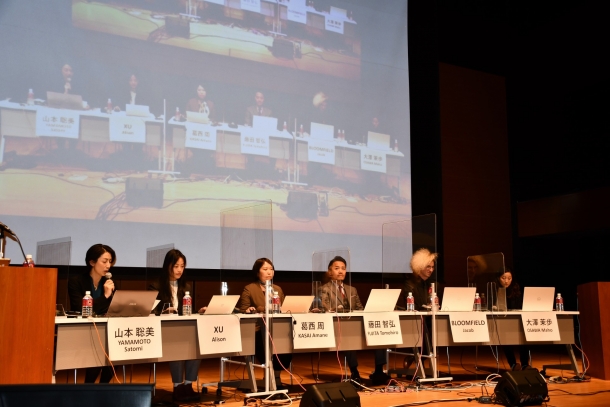
By examining cultural assets, imagination of what others say, astrology, sexuality, and ecocriticism from various perspectives, they showed the potential of culture and art to reveal hidden problems and create new values and order. They shared the importance of considering the power of fantasy and fiction, which are indispensable for human beings to live their lives.
Day 2, Roundtable 4: Health & Security
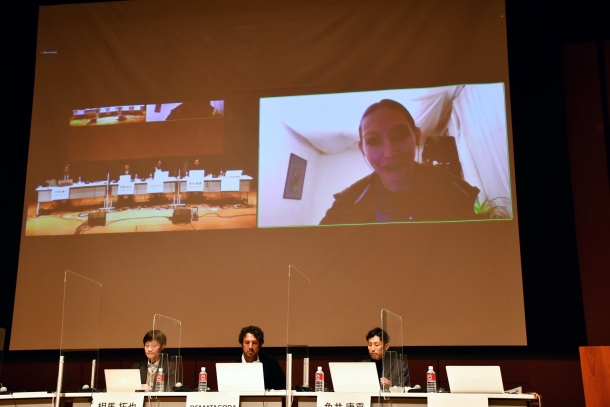
They elucidated the multifaceted nature of the issue of wellbeing with new perspectives on the illumination of human society through its relationship with animals, the relationship between aesthetics and politics, the social nature of gender norms, and the so-called “cellular wellbeing.” They also raised the issue for the future of aspiring to a less anthropocentric way of thinking that may paradoxically lead to building a world in which humans can better exist.
Day 2, Roundtable 5: Inclusive Society
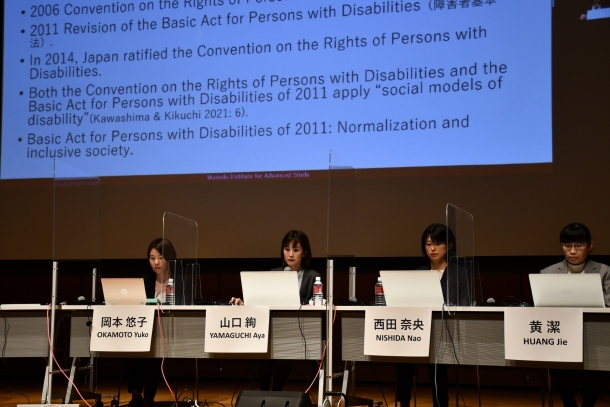
Through proposals from the perspectives of laws that form the framework of society, multi-ethnic and aging societies, cell communication, and “imitation”, which is the first step toward understanding others, on scales both large and small, the discussion gave us a sense of the possibility of acquiring more multifaceted ways of communication. Thereby, building a society in which many forms of life, including animals and insects, can survive effortlessly.
Closing Remarks
Finally, Dr. Hideaki Miyajima (Waseda University, Executive Vice President [Financial Affairs], Advisor to WIAS), who has served as Director of WIAS for eight years from 2010, closed the event with a speech on the Institute’s history since its establishment and its future prospects and challenges.
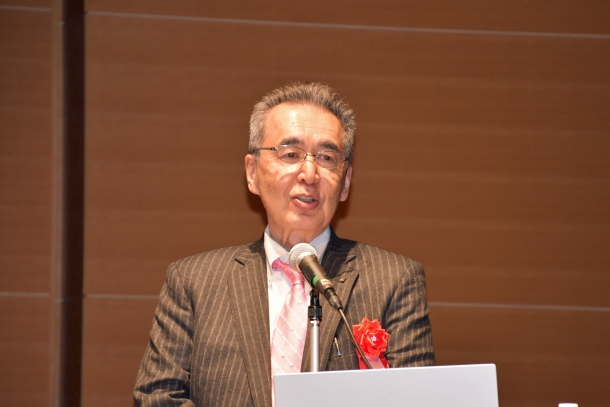
The event was held in a hybrid format with live participants in the Ono Memorial Auditorium on the Waseda University campus as well as streaming online with Zoom. With measures in place to prevent transmission of Covid-19, the event was a great success with a total of 265 attendees, both onsite and online. This was the first time for the Institute to hold an international symposium on such a large scale, and it was a great success thanks to the cooperation of a variety of external parties such as broadcasters and interpreters.
We would like to express our sincere appreciation to all those who participated and cooperated in the symposium.
Videos
You can view the videos of the event posted on WIAS’s Online Archives on its official YouTube Channel.
Japanese: https://www.youtube.com/playlist?list=PL-yezBjYm-RhW5GRkOP1W_Fzu4suz3Qb3
English: https://www.youtube.com/playlist?list=PL-yezBjYm-Ri1cKPNKtViT4nXpWLm_vhi
Photo Gallery

